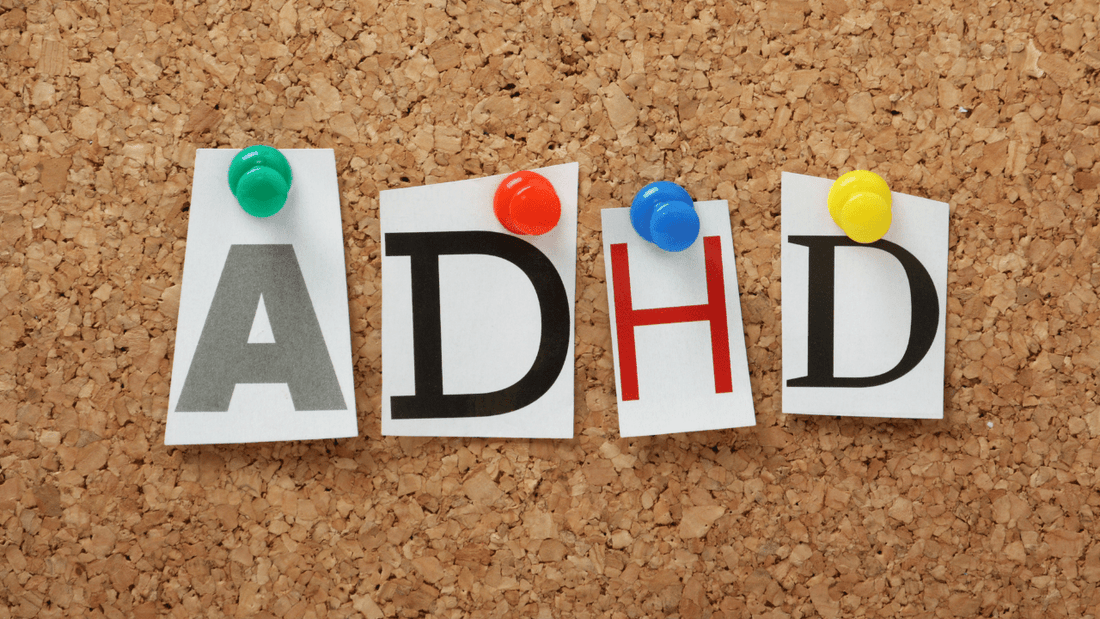
ADHD and Sleeping Too Much
Attention Deficit Hyperactivity Disorder (ADHD) is often associated with hyperactivity and difficulty focusing, but one lesser-discussed aspect is its impact on sleep. While many people with ADHD struggle with insomnia, others face the opposite issue: excessive sleep. If you find yourself sleeping too much, feeling groggy upon waking, or struggling to get out of bed in the morning, ADHD could be a contributing factor.
The Link Between ADHD and Oversleeping
For some, ADHD and sleeping too much go hand in hand. While difficulty falling asleep is common in those with ADHD, some individuals experience excessive daytime sleepiness or an inability to wake up easily. ADHD oversleeping can make maintaining a consistent routine challenging and impact overall productivity. The ADHD brain tends to struggle with regulating sleep-wake cycles, leading to disruptions in REM sleep and difficulties with sleep hygiene.
ADHD and Sleep Position: Does It Matter?
An interesting aspect of ADHD sleep behavior is the preferred ADHD sleep position. Some individuals with ADHD may sleep in unconventional positions, such as with their hands tucked under their body or in a curled-up fetal position. Others may have restless sleep, frequently tossing and turning. There is no universally ideal sleep position for ADHD, but experimenting with different positions and bedding options may improve sleep quality.
ADHD and Falling Asleep During Movies
Another lesser-known sleep-related symptom is ADHD falling asleep during movies. While hyperactivity and racing thoughts often prevent sleep, ADHD can also cause individuals to disengage quickly, leading to unexpected drowsiness during passive activities. This isn’t necessarily due to being tired, but rather a difficulty maintaining focus when stimuli aren’t engaging enough.
ADHD and Dreams: Vivid and Intense Nightlife
Many people with ADHD report having ADHD and dreams that are vivid, intense, and sometimes overwhelming. This may be due to irregular REM cycles or difficulty transitioning between sleep stages. ADHD vivid dreams in adults can be so intense that they disrupt sleep, making it hard to feel well-rested upon waking.
The Melatonin Dilemma: Does It Work for ADHD?
Melatonin is often used to help regulate sleep, but does melatonin work for people with ADHD? The answer is mixed. Some individuals find it helpful, while others report that melatonin doesn’t work for ADHD or even worsens their sleep. The key is to experiment with different dosages and consult with a healthcare provider. Some individuals benefit from melatonin, while others may need alternative sleep aids or behavioral interventions.
The ADHD Sleep Schedule Dilemma
A consistent ADHD sleep schedule can be hard to maintain, especially for night owls. Many adults with ADHD naturally gravitate toward later bedtimes, making it difficult to adhere to traditional work schedules. Finding a personalized sleep routine and incorporating good sleep hygiene practices can make a significant difference in sleep quality and energy levels.
ADHD and REM Sleep: A Disrupted Cycle
People with ADHD often experience irregular ADHD and REM sleep patterns, which can contribute to excessive daytime sleepiness ADHD. Poor REM sleep may lead to feeling unrefreshed in the morning, contributing to sleeping all day or struggling to wake up.
Sleep Apnea and ADHD: A Hidden Connection
Sleep apnea and ADHD share some overlapping symptoms, such as difficulty focusing and excessive daytime drowsiness. If someone with ADHD experiences forgetting to breathe, snoring, or waking up gasping for air, they should be evaluated for sleep apnea. Sleep apnea can contribute to cognitive issues and fatigue.
How to Get Out of Bed with ADHD
Many with ADHD experience feeling stuck in bed, struggling to find the motivation to get up in the morning. This can be due to a reduced sleep duration with difficulties falling asleep or morning sleep inertia/grogginess from a night owl predisposition, making tasks like waking up and starting the day feel insurmountable. If waking up feels impossible, here are some effective strategies for how to wake up early with ADHD:
-
Use an alarm with a stimulating sound or music.
-
Place the alarm far from the bed to force movement.
-
Expose yourself to bright light upon waking.
-
Engage in physical activity immediately (jumping jacks, stretching, or even just walking around).
-
Have a shower and use a strategic coffee/caffeine
-
Use a routine to reinforce consistency.
Conclusion: Managing Sleep with ADHD
Managing ADHD and sleeping too much requires a combination of lifestyle changes, behavioral strategies, and sometimes medical intervention. Implementing good sleep hygiene, staying consistent with a routine, and addressing underlying issues like sleep disorders or sleep apnea can significantly improve sleep quality. For those who struggle with waking up or feeling rested, experimenting with different techniques and seeking medical advice can be life-changing.
If you find yourself sleeping excessively or struggling with sleep despite making changes, consult with a healthcare professional to rule out other conditions like sleep apnea or depression. By understanding the unique sleep challenges that come with ADHD, individuals can take proactive steps to improve their sleep and overall well-being.
